Twenty Ways You Can Prepare Anywhere Part 1
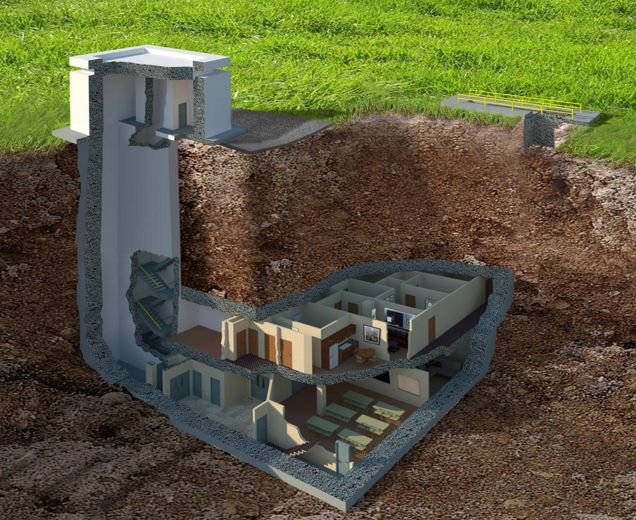
While it is a dream of many preppers to find the perfect piece of property out in the boonies and build a multi-million-dollar compound, in reality that does not happen for the bulk of us. Since not everyone can move to their dream property and prepare on a large scale, it is vital that we understand that all is not lost. There are simple ways each and every one of us can become more prepared, just by integrating back to basics concepts into our lives. Not only can many of these be done on a budget - quite a few will help put more greenbacks into our budgets!
Making the following lifestyle changes has saved my family a lot of money, reduced our environmental impact, and helped our health, as well as helping us be better prepared for emergencies. Some of these things can be accomplished in a day or two - others may take years. No matter how long it takes, you will be on the road to a lifestyle of preparedness right where you are; an apartment, a condo, or a house in the ‘burbs.

1 - Get fiscally fit:
Eliminate debt and do not use credit to buy your preparedness gear! If you have debts, you have a bigger problem if a job loss hits. The bank will gladly take everything and then some, especially if the mortgage and car payments are not being made. Slip out of the shackles that bind you to the banks and your load will be lighter (and you will have more cash to put toward a house and some land if that is your end goal). For some inspiration, hit the local library and read through Dave Ramsey’s books. Even if you can only commit a few dollars each payday to increasing savings and paying down debt, you can help cushion your family from financial blows.

2 - Get physically fit:
Speaking of cushions - be honest with yourself and examine whether you have a bit too much of a cushion to sit on. Check in with your doctor about your health. Can you lug that 5-gallon water jug from the faucet to the garage by yourself? In an active shooter situation, could you pick up your toddler and run to safety? If you are not sure, give yourself a test. This can be proof that weight is not everything and “skinny fat” is real. Almost everyone has room to improve; just start where you are and go from there.
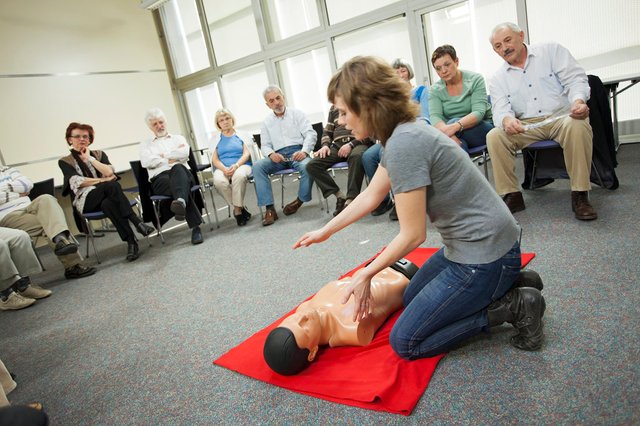
3 - Get Training: Start with First Aid and CPR/AED training. Move on to a CERT program, master gardening training, and anything else you think of that would be useful in a crisis, or on a homestead.
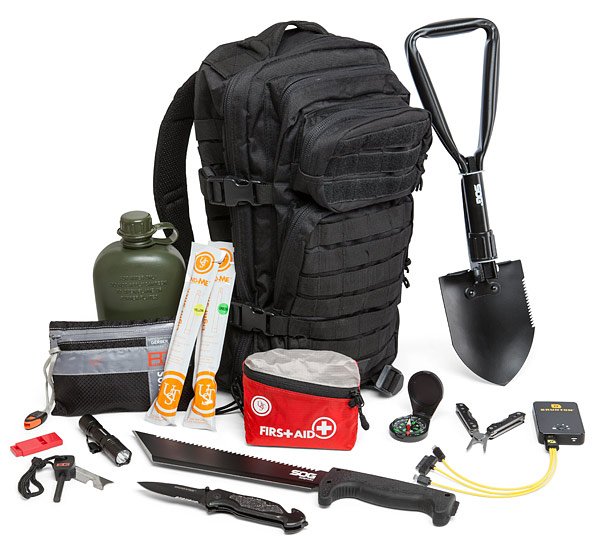
4 - Create a 72-Hour Kit:
Also known as a “bug out bag,” this is the bag that is meant to sustain you during the first 3 days after a crisis hits. You will want to do some research to see what best suits your family and your region, but plan on doing kits for each person in your household, as well as bags for each vehicle and your workplace or classroom.
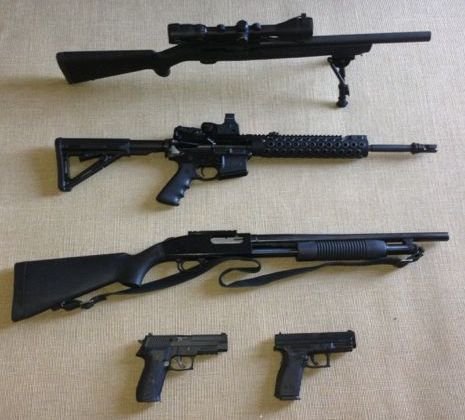
5 - Get Schooled in Self Defense:
This applies to folks who carry firearms and those who do not - the argument can be made that it is even more important for those who do. If you have thrown a gun in a holster and called it good, you have not done enough. Get to the range and practice, practice, practice. The bonus here is that if you sign up for martial arts lessons, you will be getting quite the workout, so you are tackling #2 while you learn!
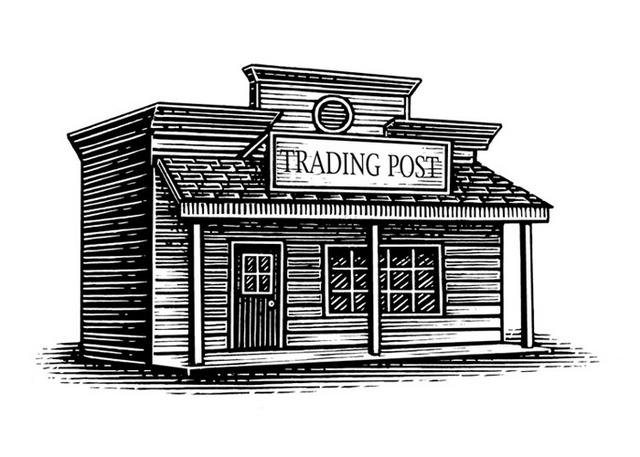
6 - Learn to Barter & Trade:
Seek out barter groups and trade networks in your area and get involved. Everyone has a skill or product they can offer to others - none of us know everything! Multiple cities across North America have skill share networks and barter groups, so do not be shy. You may find a vibrant barter economy that is almost addictive! Just be sure to research IRS rules regarding bartering to prevent potential tax problems.
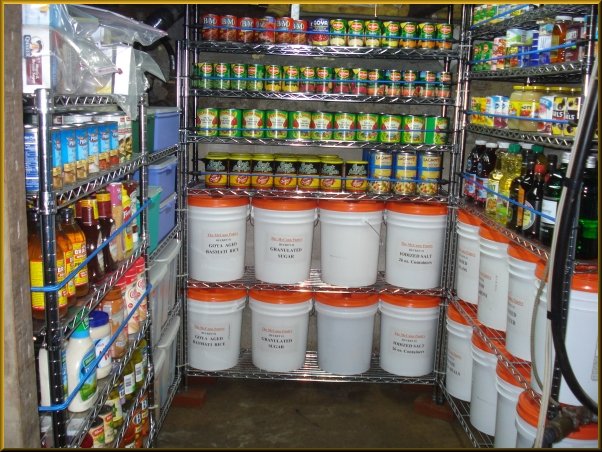
7 - Practice Methods of Food Production and Preservation:
There are multiple books on the market to address each of these topics, so pick one and go for it!
Food production includes gardening, growing sprouts, and microgreens, foraging for wild foods, raising small livestock, hunting and fishing, aquaponics, and gleaning. Food preservation includes freezing, dehydrating, fermenting, canning, and smoking foods.
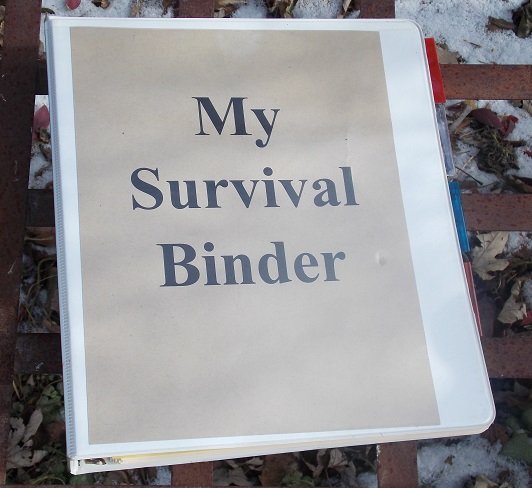
8 - Create an Emergency Binder:
This is a great resource for pulling together vital documents such as wills, Powers of Attorney, living wills/Do Not Resuscitate orders, and the sort. It is also a good place to keep emergency communication information, children’s vaccination and fingerprint records, and inventories of your gear.
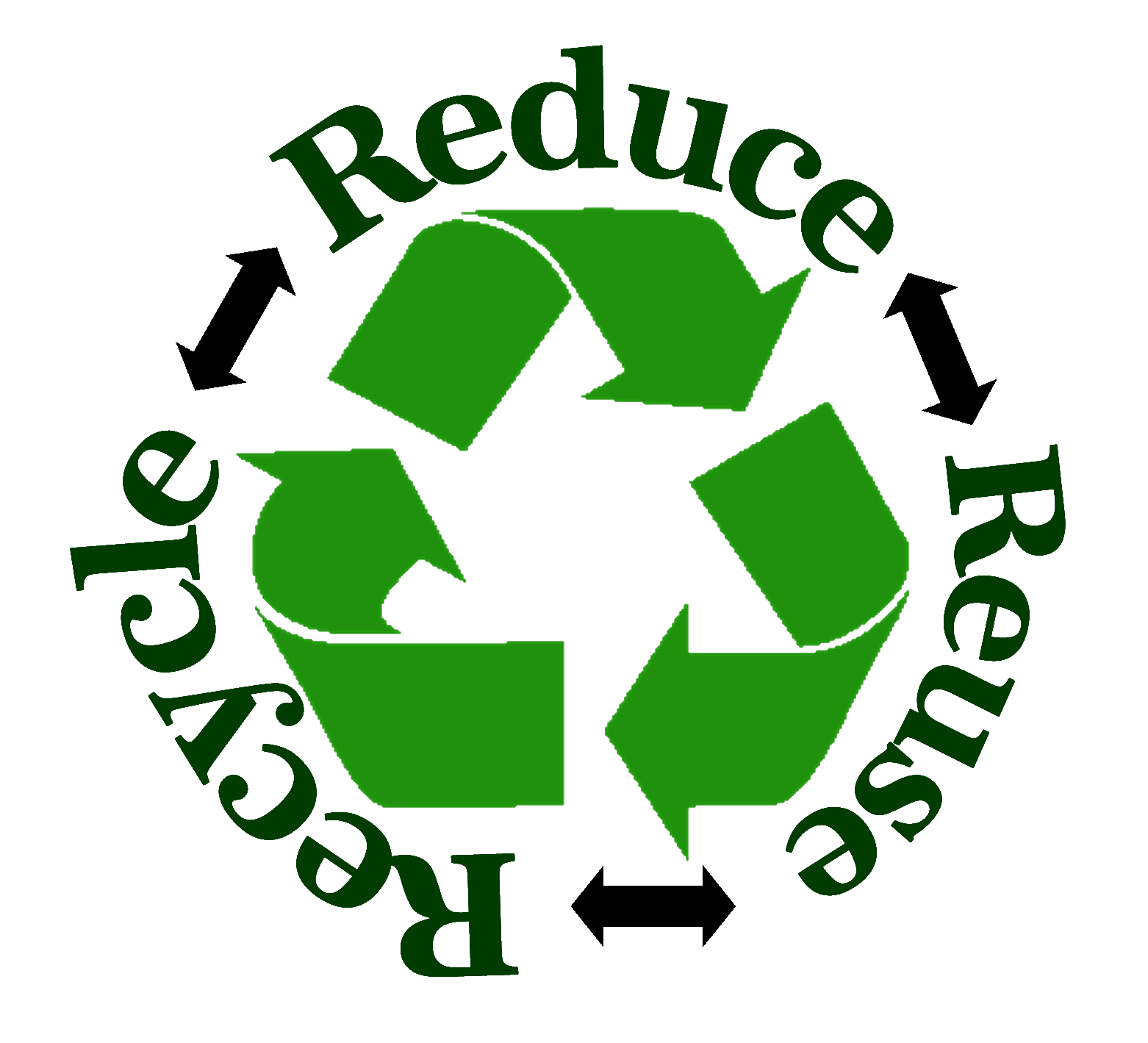
9 - Refuse, Reduce, Reuse, and Recycle:
Some folks in the preparedness community may scoff at the idea of “going green,” but integrating these concepts into your life can save you money and space; the environmental impact is a cherry on top. REFUSE the consumer-focused economy and buy what you truly need and can afford, with some room for the biggest wants now and then. REDUCE focuses primarily on reducing waste: try using reusable bags; carrying a reusable water bottle or commuter cup; keeping paper towels and napkins for emergencies, but focusing on cloth versions for daily use; and refilling soap and toiletry containers from bulk buys or concentrates. You can even make your own dish cloths, sandwich bags, cloth napkins, and more. Reduce also entails cutting your utility usage, which makes a big difference for your wallet as well. REUSE creates a system where you reuse items until they can no longer be used. Patch a bed sheet as long as possible, then trim it down to be used for pajamas, an apron, and a set of cloth napkins. As each of those items wears out, they may make handy cleaning rags, be braided into a rag rug, or be cut up for quilting material. When there is no use left, RECYCLE the leftover bits as appropriate. Years ago, I lived in a town that started a brand new recycling program and I was able to cut my trash bill by more than half - money that went into savings for a rainy day!
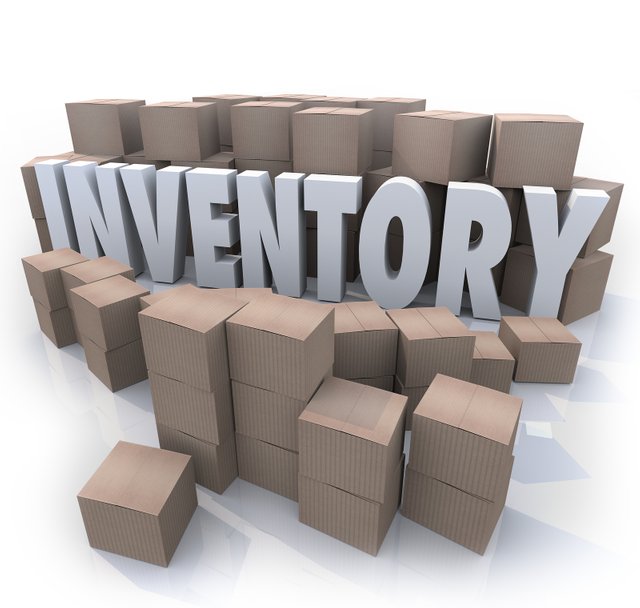
10 - Organize and Inventory Your Home:
Do you need a bigger house or do you just need a better system? Perhaps creating an inventory would help rectify the situation. In the course of such an inventory, make sure you are considering what you truly need and want to keep. Read a few organizing books - basically they will all have you purge before you start to organize. This is a great time for finding things others would be willing to barter for or buy!
If you're concerned about the way things are headed and want to survive what's coming, then please Follow Me @survivalist.com For Daily Preparedness tips and training.
Great post. The majority would get stuck on the physically fit part, as that requires some real effort (and means no more Pepsi and Cheetos).
Very informative thx :D